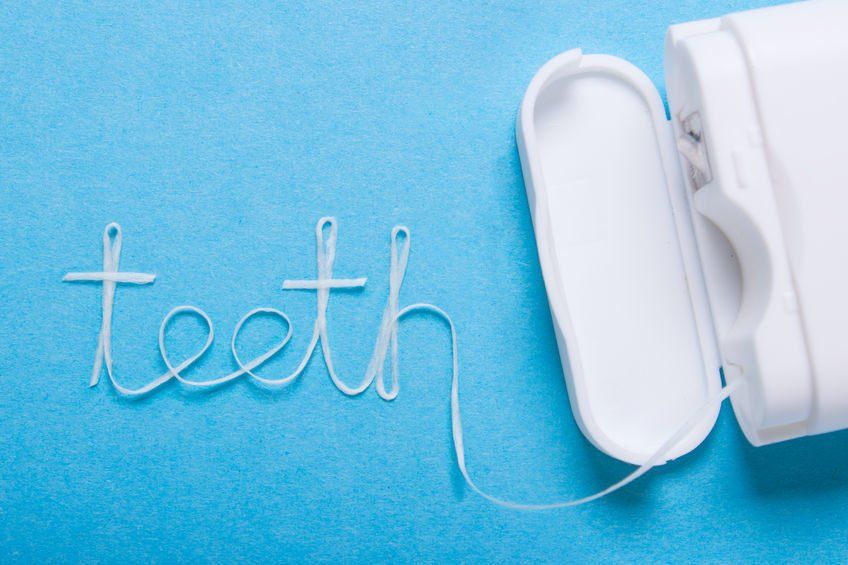Why Your Dentist Encourages Dental Flossing
- By Mary Marks
- •
- 12 Feb, 2020
- •

The dental floss is a very resistant thread that helps to eliminate the food residues between the teeth. Dental floss is highly appreciated because it easily enters places that the toothbrush cannot reach.
Apart from the usual brushing after each meal, the use of dental floss is very important. Research has shown that the toothbrush removes only 70% of bacteria and if you want a cleaner oral cavity and fewer risks of specific conditions and diseases, you must use dental floss.
Every dentist like that ofhttps://www.coloradosedation.comencourages dental flossing and there are many good reasons for this.
To make the teeth cleaning process complete, dental floss has to be used before each brushing, regardless of how many times a day you do it. That is because dental plaque forms in a very short time and it may lead to the appearance of tartar (dental calculus) within 24 to 72 hours. If you cannot use dental floss each time you brush your teeth, you should at least do it at night, before bedtime.
Dr. Wayne Aldredge, the past president of the American Academy of Periodontology, used to say about dental flossing that it is “like building a house and not painting two of its sides. Eventually, the two sides will break down faster".





Although oral sedation dentistry Highlands Ranch is one of the optionsavailable for managing anxiety and discomfort during oral surgery, you certainly do not need to use it all the time. As a matter of fact, the exact type of sedation or anesthesia that you receive during oral procedures may depend on various factors, such as the complexity of the procedure, your medical problems, as well as your doctor’s preferences.
There can be several different levels of sedation that can be used in oral surgery. Local anesthesia is one of them. This involves injecting anesthetic medication into the specific area where the surgery will take place. It numbs the area and is often used for less invasive procedures.
Oral sedation involves taking medication in the form of a pill to induce a state of relaxation and drowsiness. The patient is still conscious, but he/she may not be fully aware of the procedure. At any rate, sedation helps him/her get rid of anxiety.
In the case of intravenous sedation, medication is administered through a vein, which induces a deeper state of sedation than oral sedation. Patients may still be conscious, but they are less aware of their surroundings and may not remember the procedure.





